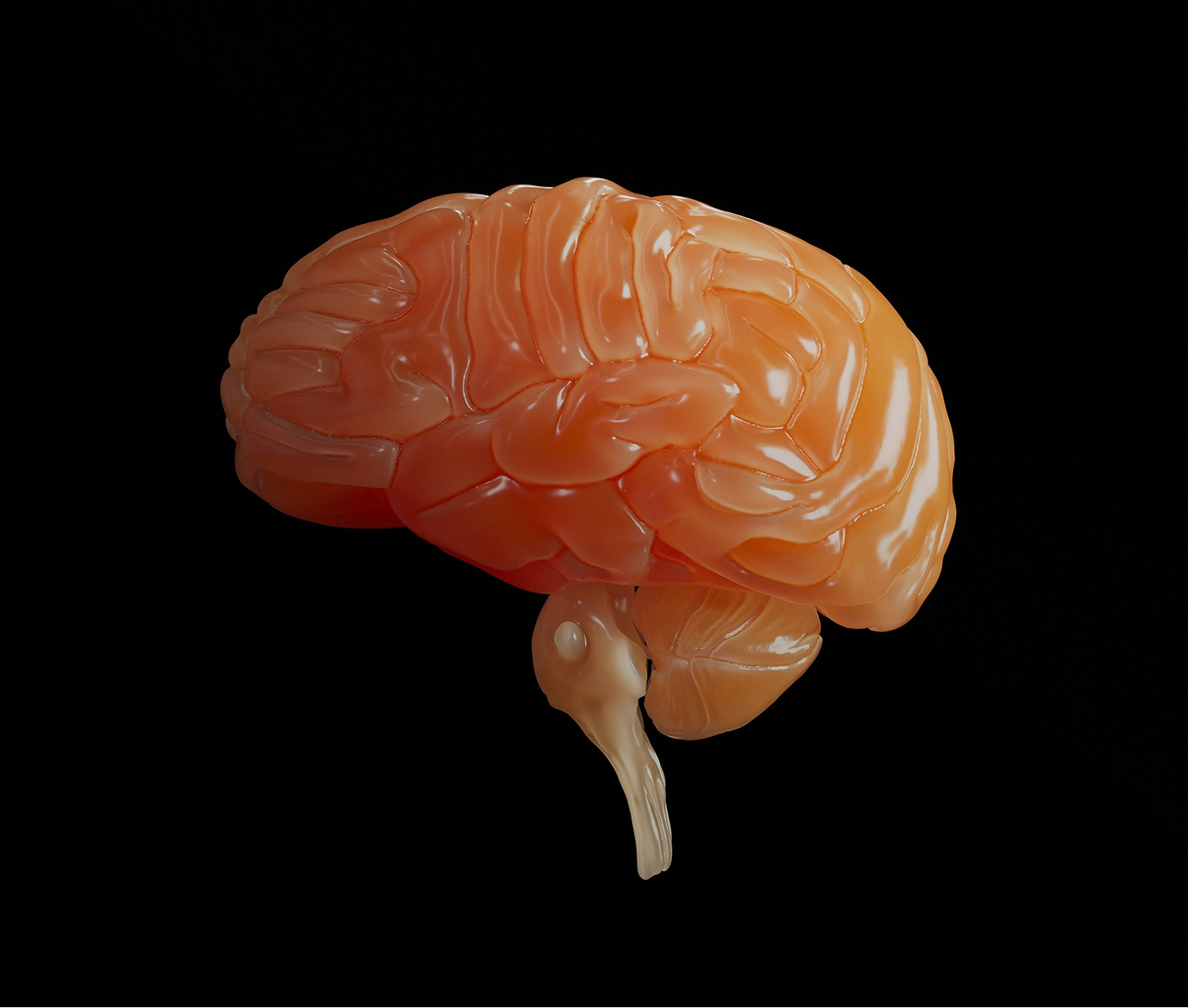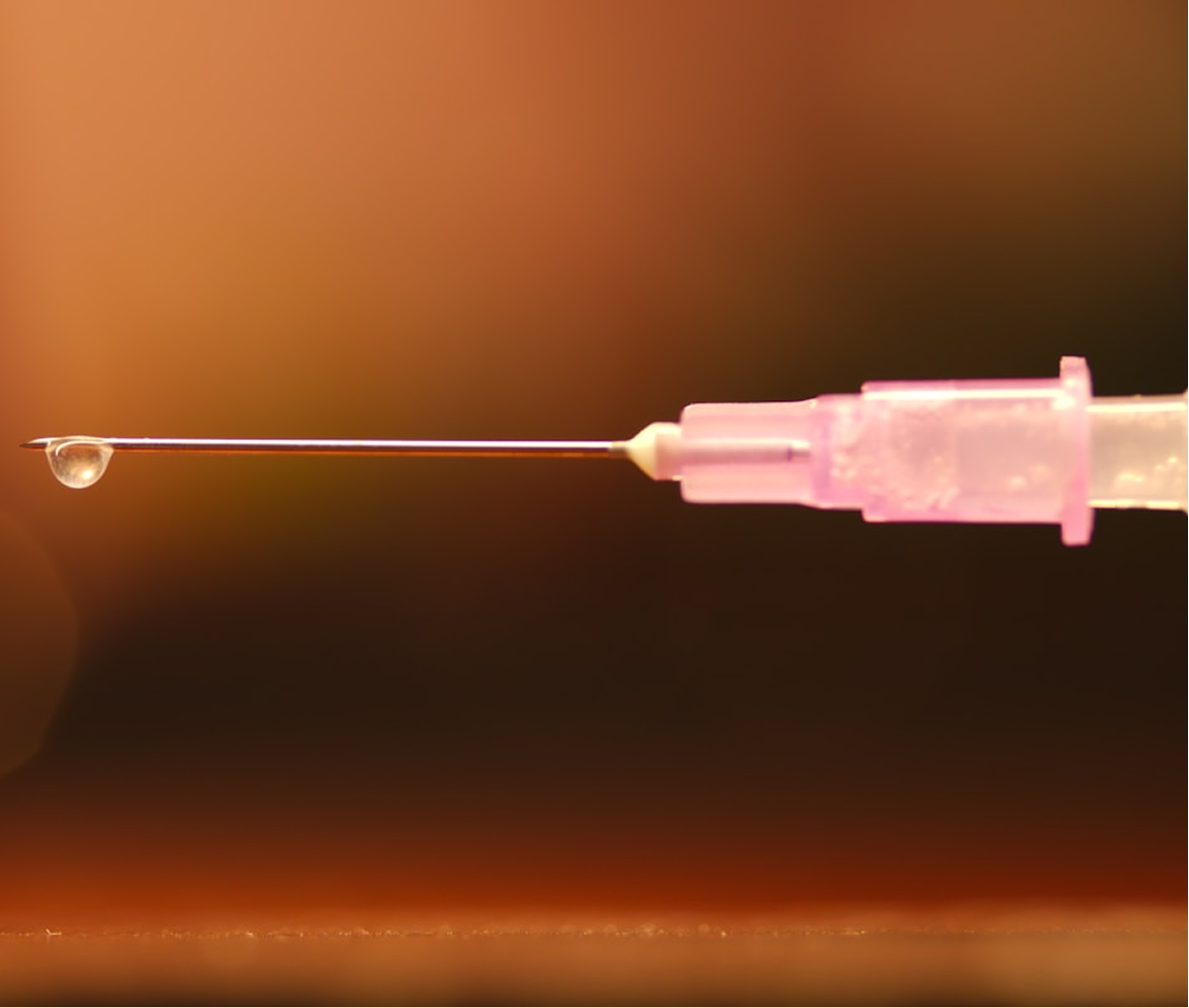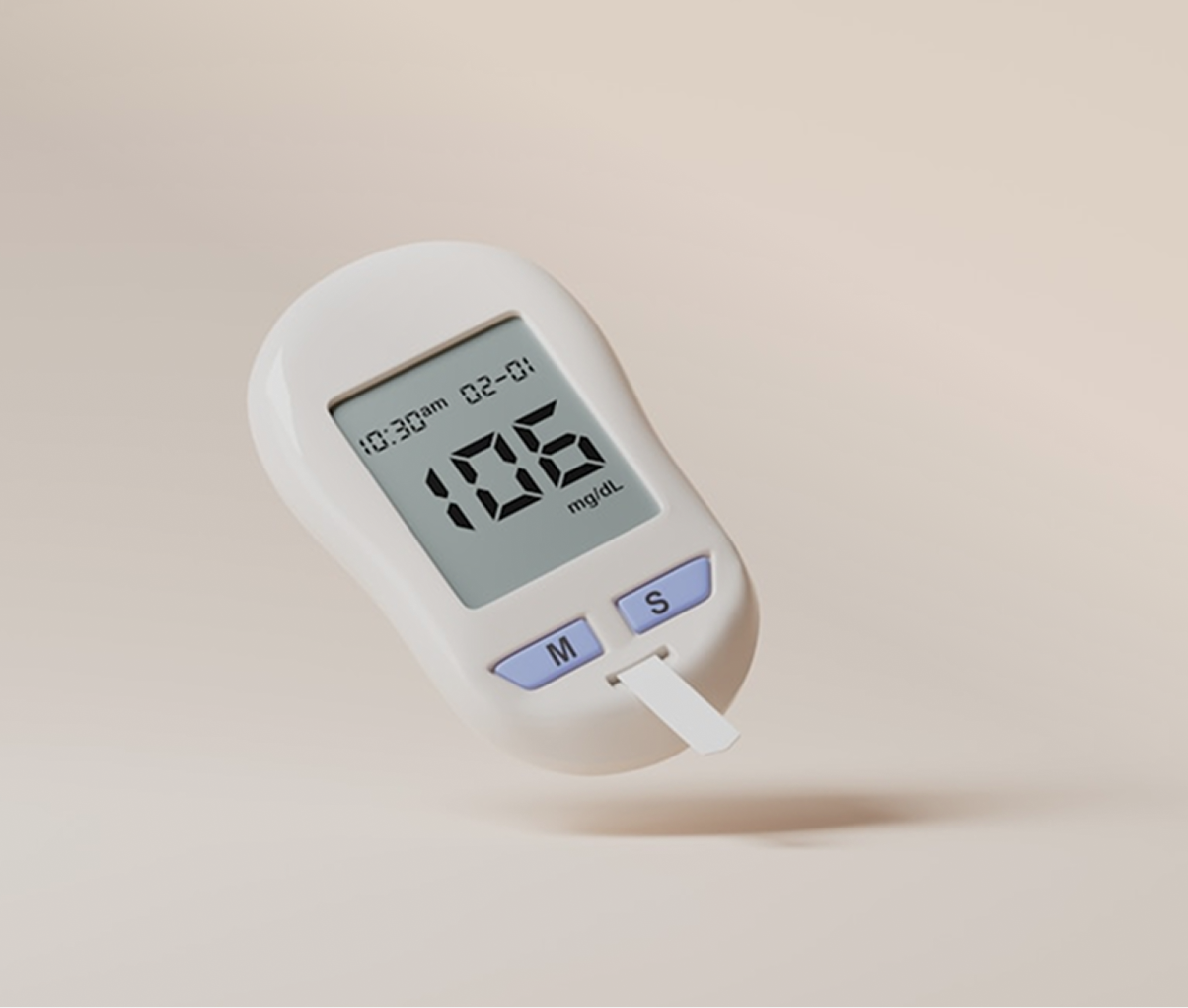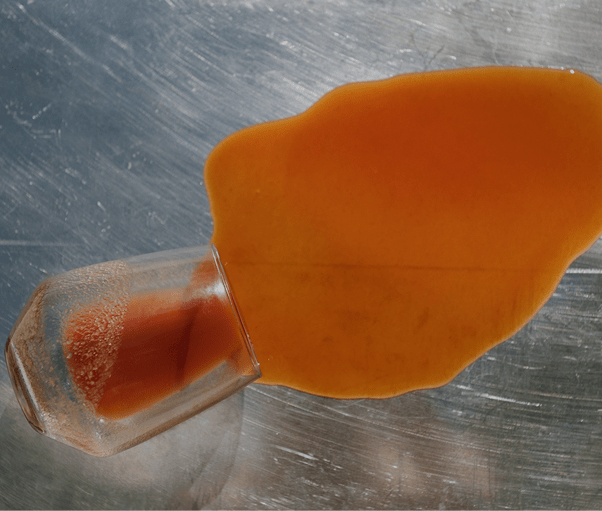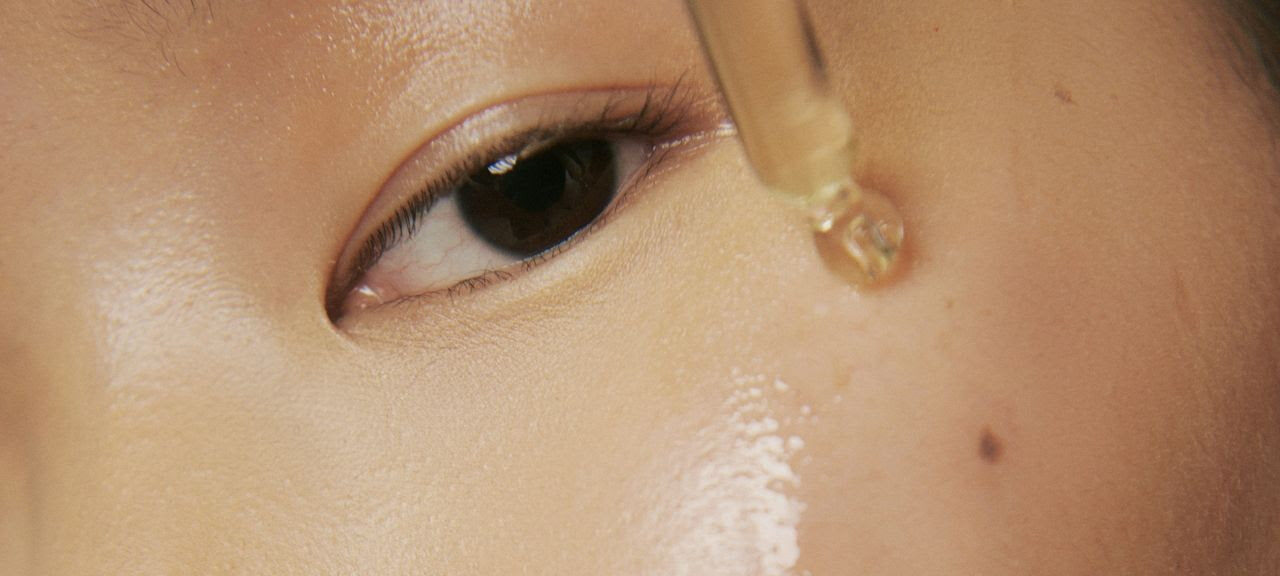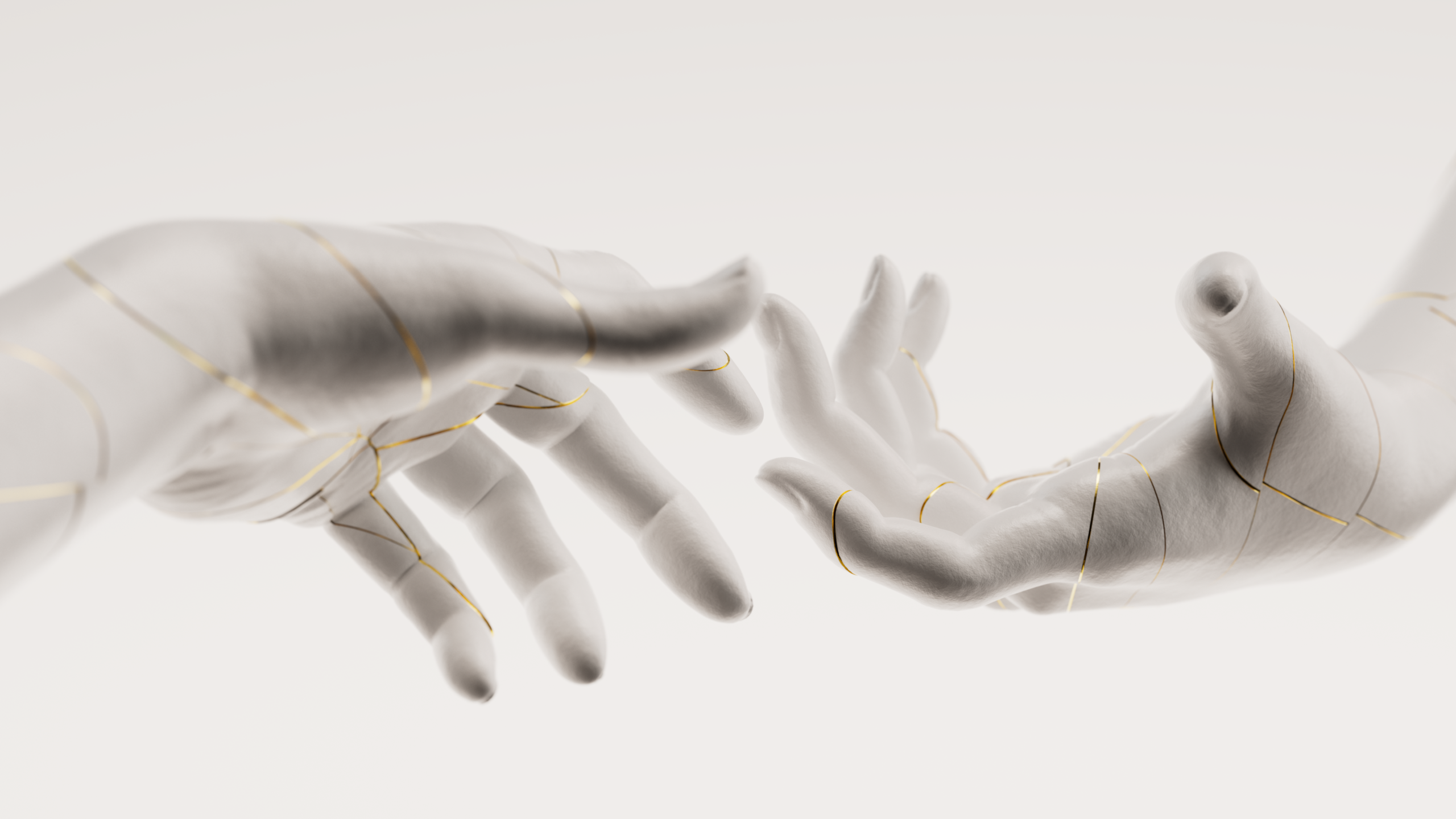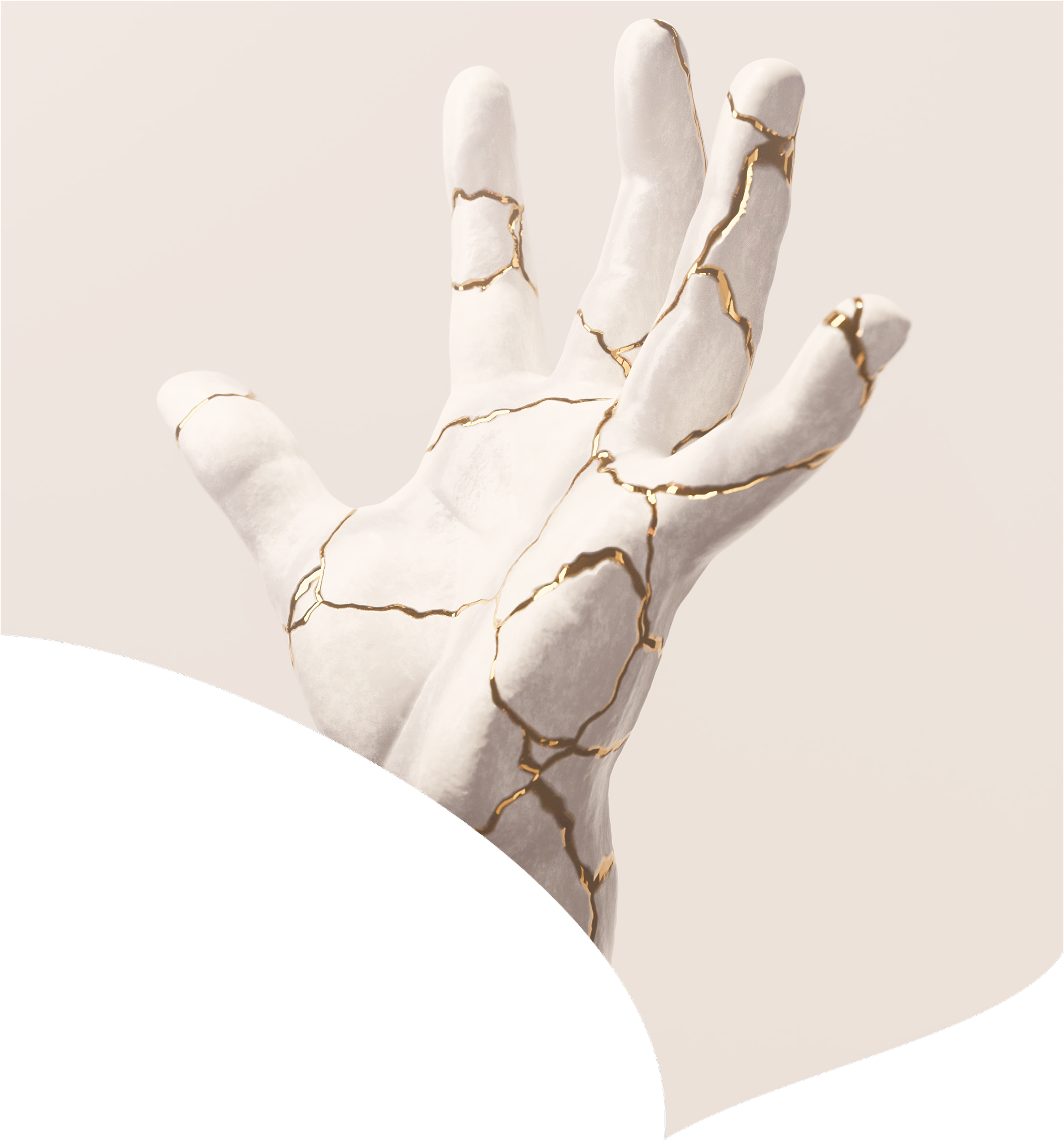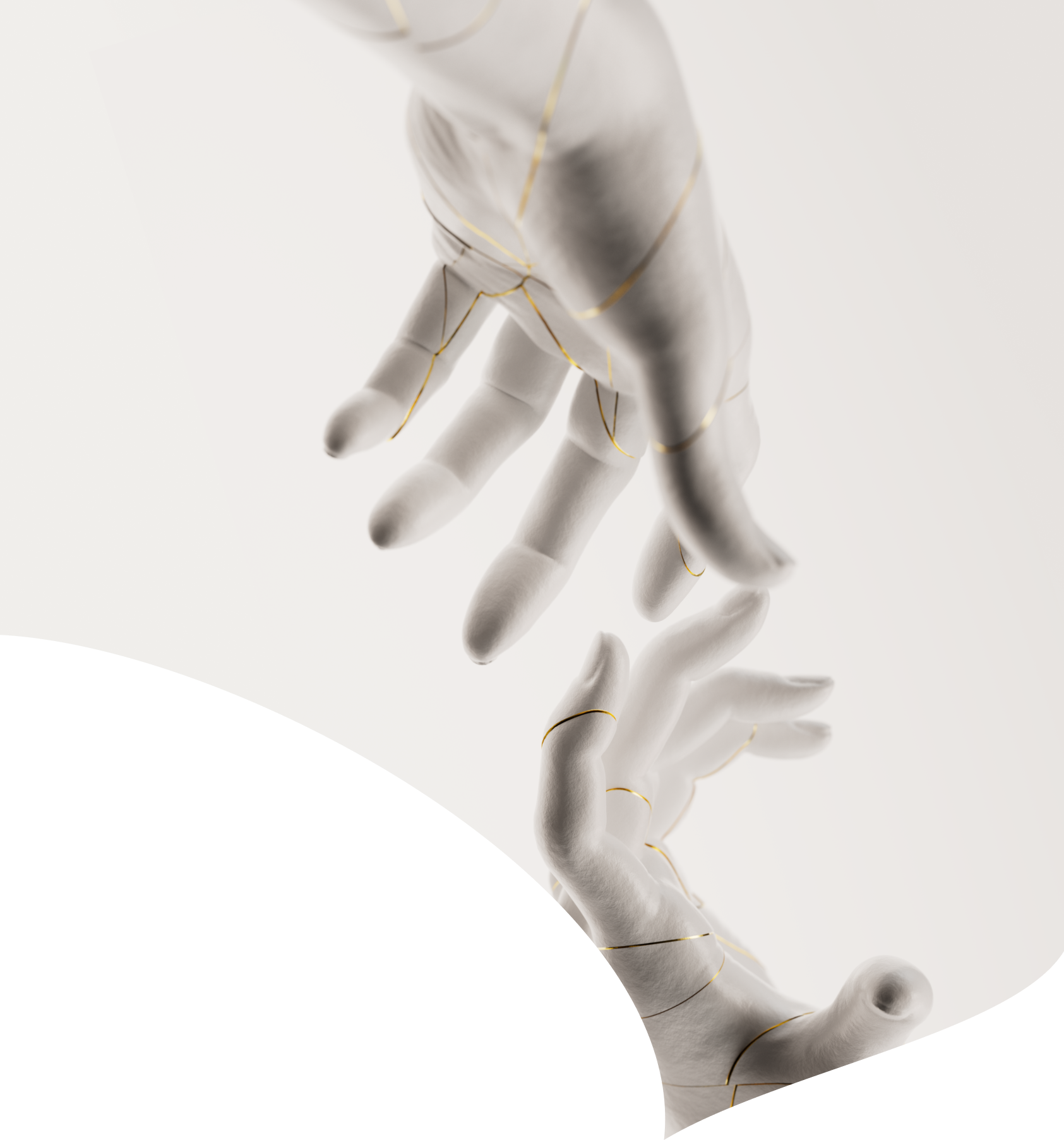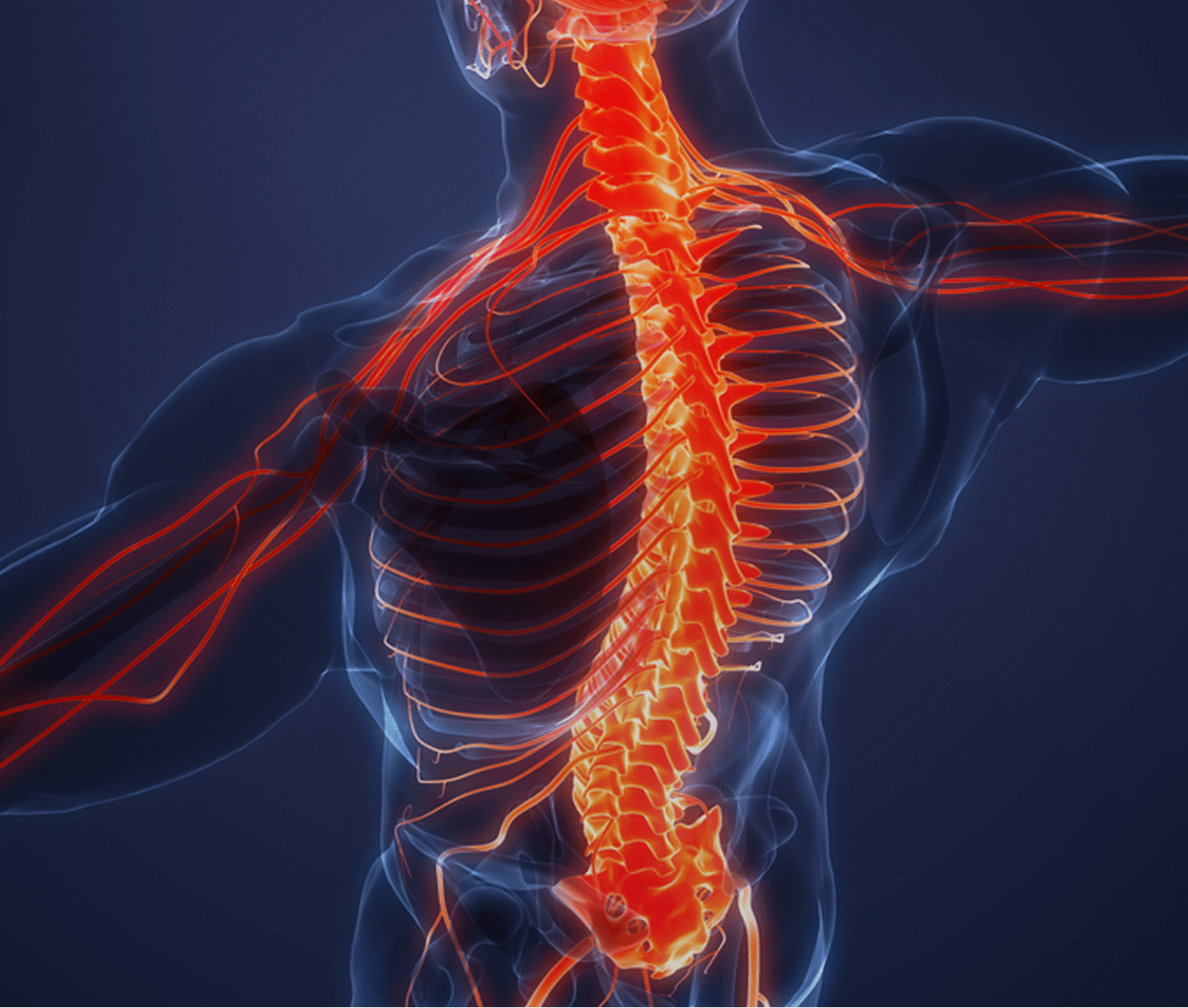
Stress, digestion, sleep, immunity. On the surface, they seem separate, but they’re all tied together by one nerve that runs like a hidden thread through the body. The vagus nerve is less like a single wire and more like a command network, regulating whether you live in fight-or-flight or rest-and-repair.
Last Saturday, we dug into the vagus nerve, how it works, why it’s important, and all the ways you can support it for a calmer mind, a stronger body, and a longer life.
Missed it? You can catch up on The Vagus Nerve Issue.
Dr. Bojana Jankovic Weatherly, MD, FACP, MSc, IFMCP, MSCP, is a double board-certified physician in internal medicine and integrative medicine. She is a Fellow of the American College of Physicians, certified in Functional Medicine by The Institute for Functional Medicine and a certified menopause practitioner by the Menopause Society. She is the founder of BOJANA MD, a boutique integrative medicine practice offering personalized, evidence-based care to patients in New York, Connecticut, New Jersey, Florida, and California via telehealth and in-person visits in New York City.
Dr. Jankovic Weatherly completed her internal medicine residency at Cedars-Sinai Medical Center/West LA Veterans Affairs, followed by a fellowship in integrative medicine at the University of Arizona Andrew Weil Center for Integrative Medicine. She also holds advanced training in functional medicine, nutrition, and mindfulness-based interventions.
Her clinical approach merges conventional and integrative strategies to identify and address the root causes of illness. She specializes in treating Hashimoto’s thyroiditis and hypothyroidism, perimenopause and menopause, PCOS, IBS and SIBO, cardiometabolic health, weight management, and healthspan and longevity optimization.
Her accolades include Top Doctor recognition in New York, Southern California Rising Star, and multiple patient satisfaction awards from Cedars-Sinai. She serves on the Forbes Health Advisory Board and advises several wellness and healthcare startups.
Today, she’s answering questions all about your vagus nerve.
Q. How important is a healthy gut microbiome for a healthy vagus nerve? And does it work in reverse? Does a healthy vagus nerve improve the gut?
There is a bidirectional relationship between the gut and the brain, often called the microbiome–gut–brain axis. This axis links the brain’s emotional and cognitive centers with the gut’s functions and involves three key players:
- The central nervous system
- The enteric nervous system (sometimes called the gut’s own nervous system)
- The gut microbiome
The vagus nerve is the main communication pathway between the gut and brain. Remarkably, about 80% of vagus nerve fibers carry signals upward from the gut to the brain, while only 20% send signals downward. This highlights how important gut sensing is for brain function.
Gut bacteria produce substances such as short-chain fatty acids, serotonin, GABA, and enzymes that act on the vagus nerve. These signals influence brain activity, including appetite, emotional regulation, and even the perception of abdominal pain and discomfort. The brain, in turn, sends messages back down through the vagus nerve, influencing gut motility, the integrity of the gut lining (sometimes referred to as “leaky gut” when weakened), inflammation, and the balance of gut bacteria.
When this communication is disrupted, problems can arise. Conditions such as inflammatory bowel disease and irritable bowel syndrome are associated with reduced vagus nerve tone. Likewise, depression and anxiety often involve dysregulation in vagus–microbiome signaling. For this reason, vagus nerve stimulation (VNS) is being explored as a way to restore balance in the microbiome–gut–brain axis.
Q. The vagus nerve is usually mentioned with stress. But have you seen any practices actually make a big difference for patients in regulating their nervous systems day to day? If so, how can you measure vagus health?
Yes. There are many ways to regulate the nervous system. The key is consistency — choosing practices that are enjoyable and sustainable, rather than something that feels like a chore.
One of the most practical ways to measure vagus nerve health is by looking at heart rate variability (HRV), which is the variation in time between heartbeats. Higher HRV is linked with better vagal tone and stress resilience. Many wearables now make this easy to track.
There are both invasive and non-invasive ways to support vagus nerve function. Focusing on non-invasive methods, HRV biofeedback is especially effective. It pairs slow breathing with real-time HRV feedback, training the nervous system toward healthier patterns.
Even without biofeedback, slow, deep breathing is powerful. For example, the 4-7-8 breath, or any breathing exercise that slows the breath to about 6–8 breaths per minute, can increase vagal tone and help manage stress. I often recommend, as taught by Dr. Andrew Weil, beginning with just four breath cycles at a time. A word of caution: some people may feel lightheaded when starting, so it’s best to do less breath cycles or pause if that happens. This practice can be especially helpful during stressful moments, between tasks, after emotional events, or as part of a morning or evening routine.
Lifestyle habits also influence vagal tone and HRV. Aerobic exercise, yoga, dance, meditation, listening to music (such as Mozart), spending time in nature, or interacting with pets (especially dogs) all help. Social engagement—activities that build connection—is another powerful way to boost vagal health.
Q. Can vagus nerve training be a meaningful complement to therapy or medication for anxiety and depression? How would you recommend integrating it?
Yes. Practices that activate the vagus nerve can meaningfully support treatment for anxiety and depression, and they can be combined with medications, therapy, or lifestyle approaches.
There is no one-size-fits-all approach. When I work with patients, I start by asking: What supportive practices are they already doing? What are they willing or able to add? And what do they actually enjoy?
For example, meditation twice a day may work for some, but for others, it isn’t realistic or may even trigger more anxiety. The key is to find practices that strengthen vagal tone and fit the individual’s life.
A person might begin with slow deep breathing, such as the 4-7-8 breath twice daily, and later add biofeedback, exercise, or yoga. The practices can evolve over time, and the best results come when they are personalized.
Q. Do you see a link between vagus nerve health and how people connect with others, or even with meaning in their own lives?
Yes. The vagus nerve carries signals from the body to the brain that shape emotions, stress responses, and social behavior. Because it shifts the nervous system toward a calmer, more relaxed state—the “rest and digest” mode—it is intuitive that healthy vagal function supports connection and bonding.
Research supports this. Studies using noninvasive vagus nerve stimulation show that improving vagal tone can enhance emotion recognition and cooperative behavior. In other words, a healthy vagus nerve not only benefits our physical and mental health but also the quality of our relationships and our sense of connection.
Disclaimer: This newsletter is provided for educational and informational purposes only and does not constitute providing medical advice or professional services. The information provided should not be used for diagnosing or treating a health problem or disease, and those seeking personal medical advice should consult with a licensed physician.

February 14, 2026

February 6, 2026

January 31, 2026
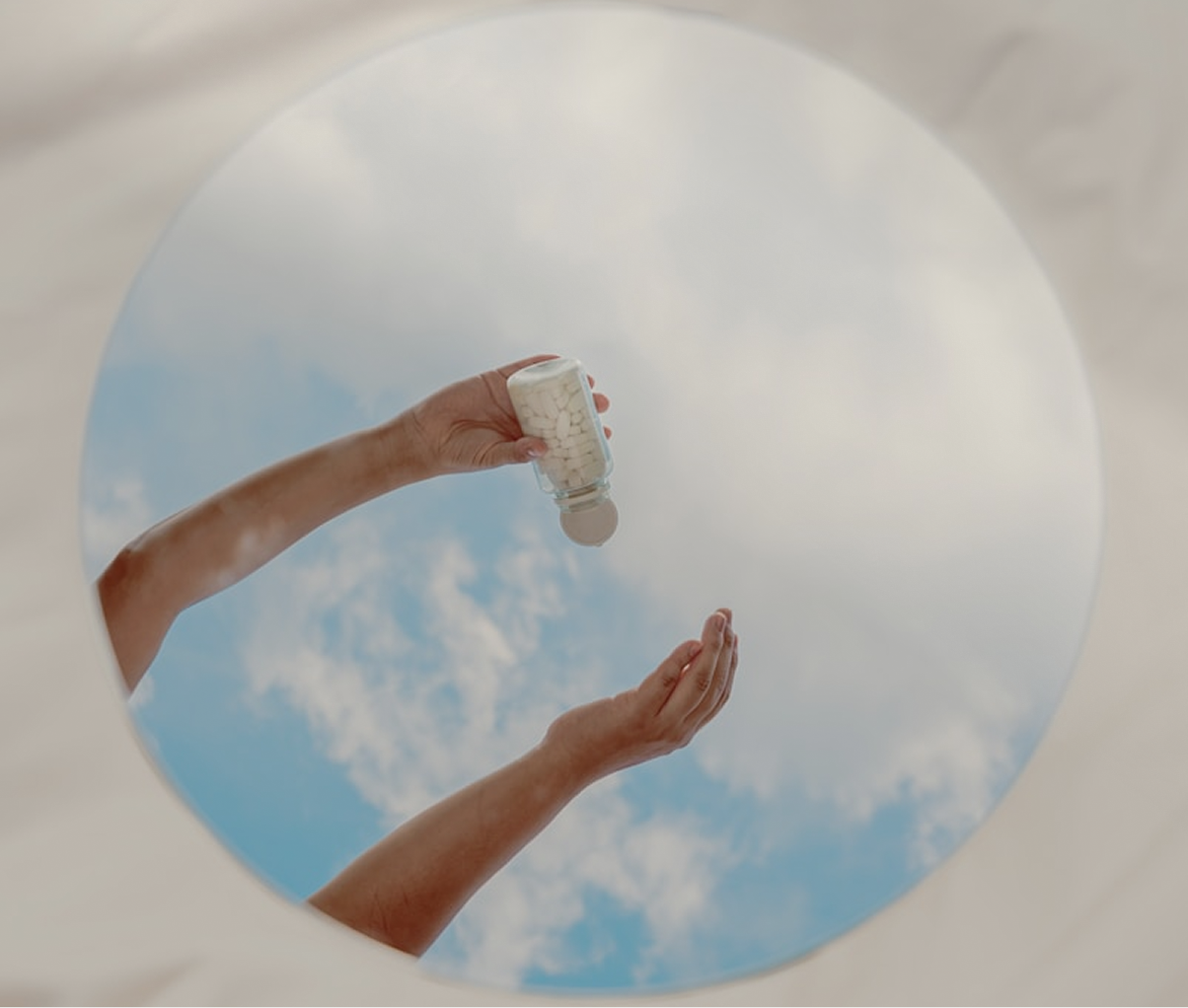
January 23, 2026

January 16, 2026

January 9, 2026

January 2, 2026









